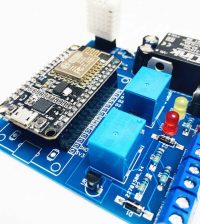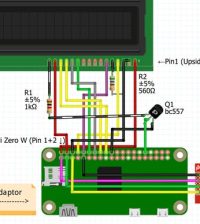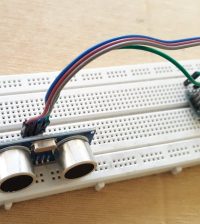- makeITcircular 2024 content launched – Part of Maker Faire Rome 2024Posted 2 weeks ago
- Application For Maker Faire Rome 2024: Deadline June 20thPosted 2 months ago
- Building a 3D Digital Clock with ArduinoPosted 7 months ago
- Creating a controller for Minecraft with realistic body movements using ArduinoPosted 7 months ago
- Snowflake with ArduinoPosted 8 months ago
- Holographic Christmas TreePosted 8 months ago
- Segstick: Build Your Own Self-Balancing Vehicle in Just 2 Days with ArduinoPosted 8 months ago
- ZSWatch: An Open-Source Smartwatch Project Based on the Zephyr Operating SystemPosted 9 months ago
- What is IoT and which devices to usePosted 9 months ago
- Maker Faire Rome Unveils Thrilling “Padel Smash Future” Pavilion for Sports EnthusiastsPosted 10 months ago
Open Source Hardware Certification Announced
The definition of Open Source Hardware has been around for a while, but without a certification process, the Open Hardware movement has lacked the social proof required of such a movement; there is no official process to go through that will certify hardware as open hardware, and there technically isn’t a logo you can slap on a silkscreen layer that says your project is open hardware.
Now, the time has come for an Open Hardware Certification. Open Source Hardware Association (OSHWA) announced the creation of a certification process for Open Source Hardware.
Open Hardware is well defined, but as with any kind of license, there are questions about what happens when things that aren’t open hardware are integrated into a project. The largest problem facing any Open Hardware project is the parts outside of the creator’s control. Even [Bunnie]’s Novena, famously the most open source and open hardware laptop in existence, still uses closed-source binary blobs for the GPU. Under the new Open Hardware Certification, this wouldn’t be punished; there are no open-source GPUs, and [Bunnie] would not be shunned for incorporating this closed-source software into the product.
Every certification process must come with penalties for, ‘bad actors’ using the logo and certification without being registered, or not being Open Hardware at all.
This certification process means creators must register their project, but it’s free to enter. In the first proposal for the Open Hardware Certification, there was discussion about distinct levels of certification, like ‘Open Bronze’. ‘Open Silver’ and ‘Open Gold’. This was ultimately not implemented, and there is only one level of the Open Hardware Certification.
















